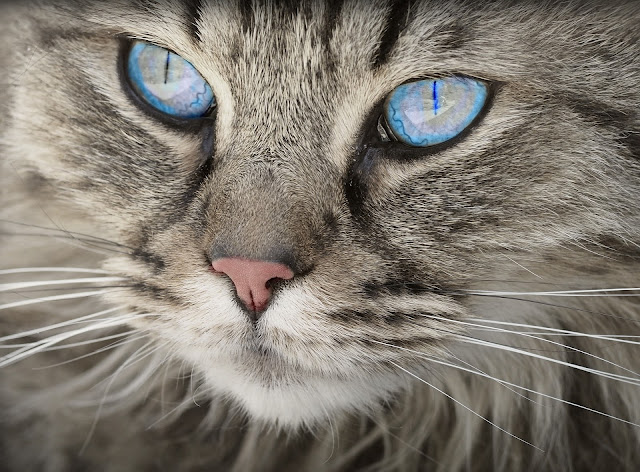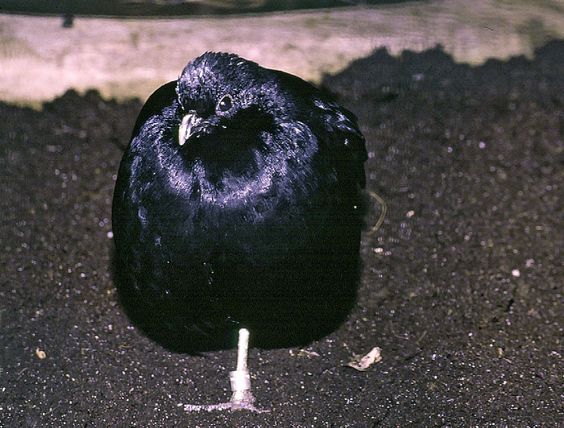Ostriches are omnivores and eat a varied diet of plants, insects, and small animals. In the wild, they feed on a variety of vegetation including grasses, leaves, and flowers, as well as seeds, fruits, and roots. They will also eat insects, lizards, and small mammals such as rodents when they are available.
On ostrich farms, the birds are typically fed a diet of hay, grains, and pellets that are specially formulated to meet their nutritional needs. This diet is usually supplemented with fresh fruits and vegetables, as well as vitamin and mineral supplements to ensure that the birds receive all the necessary nutrients.
It's important for ostriches to have access to clean water at all times, as they require large amounts of water to digest their food properly and to regulate their body temperature.
Overall, a healthy and balanced diet is essential for the health and well-being of ostriches, whether they are living in the wild or on a farm. Proper nutrition is key to ensuring that these fascinating birds grow and thrive.
In the wild, ostriches spend much of their day foraging for food, and they have a unique digestive system that allows them to extract as much nutrition as possible from their diet. Ostriches do not have teeth, so they swallow their food whole and use powerful muscles in their gizzard to grind it down before it passes into their stomach.
Ostriches have a relatively low metabolic rate compared to other birds, which allows them to go without food and water for extended periods of time if necessary. This is an adaptation to their desert habitat, where food and water may be scarce.
On ostrich farms, farmers must carefully manage the birds' diet to ensure that they receive all the necessary nutrients to grow and thrive. This typically involves working with a veterinarian or animal nutritionist to develop a feeding program that takes into account the birds' age, weight, and other factors.
Overall, ostriches are fascinating birds with unique dietary needs and adaptations. Whether living in the wild or on a farm, they require a balanced and nutritious diet to support their growth and health.






